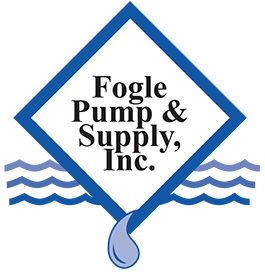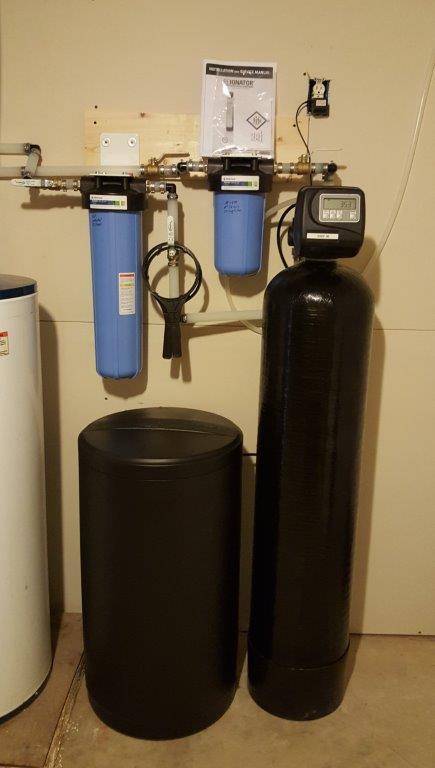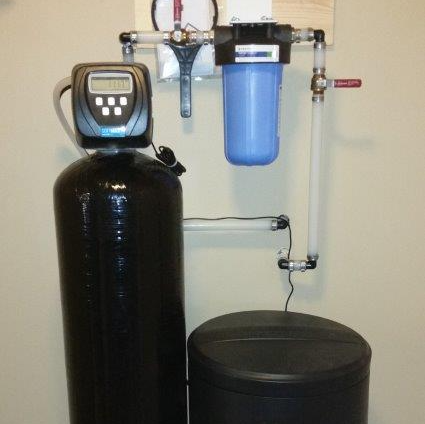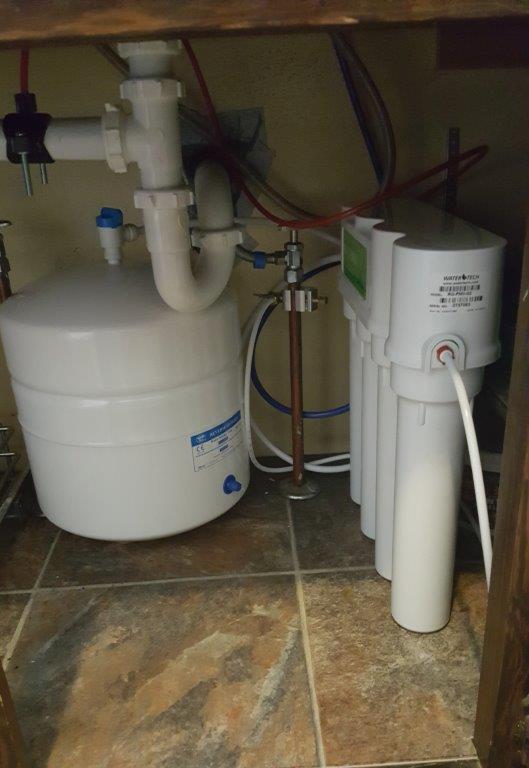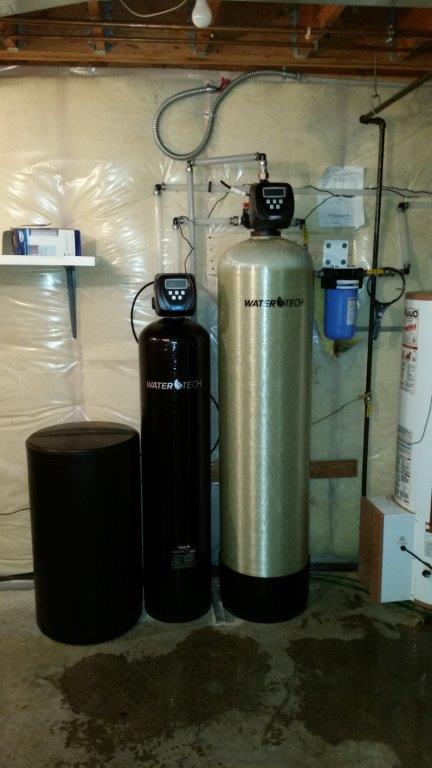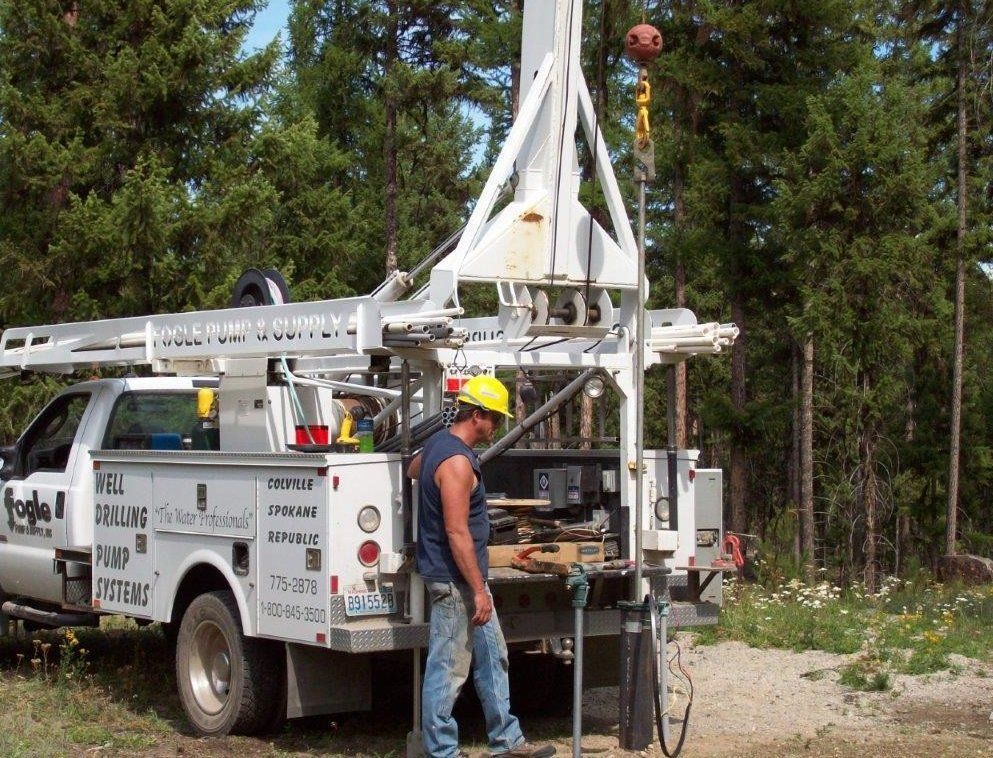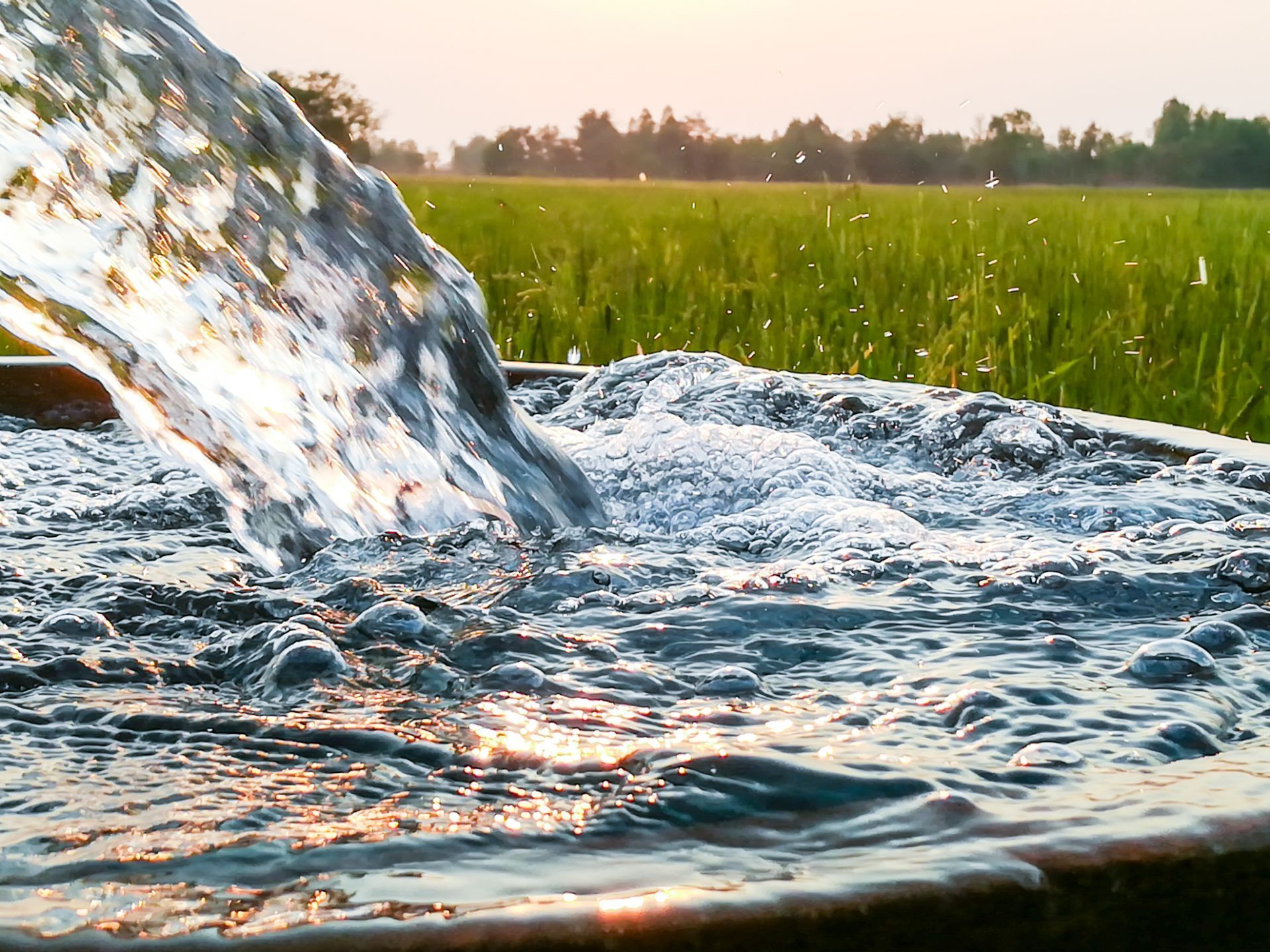10 Water Well Maintenance Tips from the Experts
Maintaining your water well gives you a steady supply of clean, safe water for your home. While a well is often seen as a low-maintenance solution, it still requires attention to avoid potential problems like contamination, reduced water flow, or costly repairs. Proper maintenance not only helps prolong the life of your well system but also helps your water stay safe for drinking and other household uses.
At Fogle Pump and Supply, we’ve been helping homeowners maintain their wells for decades, so we know what works best. In this post, we’re sharing ten essential well maintenance tips from our team of experts to help you keep your well in optimal condition.
Tip 1: Schedule Annual Professional Inspections
One of the most important things you can do to maintain your water well is to have it inspected by a licensed professional at least once a year. A thorough inspection will check the overall health of your well system, including the pump, water levels, and potential contamination risks.
During a professional inspection, experts will assess the mechanical components of your well, test water quality, and make sure your well is compliant with local regulations.
Tip 2: Test Water Quality Regularly
In addition to annual inspections, it’s important to regularly test your well water for contaminants like bacteria, nitrates, and other harmful substances. Even if your water tastes fine, contaminants can be present without any noticeable changes.
Homeowners should test their water at least once a year, or more frequently if there have been changes in land use nearby, flooding, or alterations in the water’s taste, color, or smell.
Tip 3: Keep the Well Cap Sealed and Secure
Your well cap acts as the first line of defense against contaminants like dirt, debris, insects, and small animals. A properly sealed and secure well cap makes sure none of these unwanted elements can enter your water supply, which is important for maintaining water quality. Regularly inspecting the well cap and making sure it is tightly fastened will help protect your well from contamination.
Over time, the well cap can become loose, cracked, or damaged. If you notice any signs of wear and tear, it’s important to repair or replace the cap promptly. We recommend homeowners check their well cap at least twice a year or after any major storm.
Tip 4: Avoid Hazardous Materials Near the Well
The area around your well plays a key role in keeping your water clean and safe. Avoid using or storing hazardous chemicals, such as fertilizers, pesticides, or cleaning products, near your wellhead. These materials can seep into the ground and contaminate your water supply, especially if they’re used in large quantities or repeatedly.
Make sure any activities involving hazardous substances are conducted a safe distance from the well. Local guidelines often specify how far these materials should be from a wellhead, but a general rule of thumb is to keep them at least 100 feet away. Fogle Pump’s team can offer personalized advice on maintaining a safe perimeter around your well to reduce the risk of contamination.
Tip 5: Monitor Water Pressure and Flow
Changes in your well’s water pressure or flow can be early signs of a problem, such as a failing pump, clogged pipes, or even low water levels. If you notice your water pressure dropping or fluctuating, it’s important to address the issue before it turns into a major problem.
Monitoring water pressure can help detect potential issues early on. Low pressure might indicate pump malfunctions, while inconsistent flow could point to obstructions in the well or plumbing system.
Tip 6: Regularly Inspect the Pump System
Your well pump is the heart of your water system, responsible for drawing water from the well and delivering it to your home. Regularly inspecting the pump system ensures consistent water flow and prevents costly repairs. Signs of pump failure, such as unusual noises, reduced water pressure, or frequent cycling on and off, should never be ignored.
At least once a year, check the pump for visible signs of wear or damage, and make sure the electrical connections are secure. It’s also a good idea to monitor your electric bill—an unusually high bill may indicate that your pump is working harder than necessary, a common sign of impending pump failure.
Tip 7: Ensure Proper Drainage Around the Well
Good drainage is vital to protecting your well from contamination. Surface water, especially after heavy rains or snowmelt, can carry pollutants into your well if the area around it is not properly graded. Making sure water flows away from the wellhead will reduce the risk of contaminants entering your water supply.
Keep the area surrounding the well clear of standing water and debris, and avoid allowing runoff from gutters or downspouts to accumulate near the well. If you notice persistent drainage issues, consider regrading the land or installing drainage solutions.
Tip 8: Maintain a Safe Distance from Septic Systems
One of the most significant risks to well water quality is contamination from septic systems. To prevent this, make sure your well is located a safe distance from any septic tanks, drainage fields, or wastewater systems. If your well is too close, bacteria and other harmful contaminants from the septic system can seep into your water supply.
Fogle Pump and Supply can help you evaluate your well’s location and advise on any necessary adjustments to make sure your water remains safe from potential septic contamination.
Tip 9: Protect the Well from Physical Damage
Your wellhead and the surrounding area need protection from physical damage. Heavy equipment, vehicles, or even routine landscaping can accidentally damage the well casing, the cap, or the pump system. Installing barriers or fencing around the wellhead can help prevent accidental damage and keep it secure.
It’s important to always be mindful of the wellhead’s location when performing yard work or other property improvements. If you notice any dents, cracks, or other damage to the well casing, address these issues immediately to prevent contaminants from entering your well.
Tip 10: Keep Detailed Records of Well Maintenance
Maintaining detailed records of your well’s history is a simple but effective way to manage your water system’s long-term health. Keep track of all inspections, repairs, water quality tests, and any work done on the pump or other well components.
Accurate records can also be valuable if you ever need to sell your property, as potential buyers may want to know the well’s history. We advise homeowners to keep a log of all well-related activities and to schedule regular maintenance based on the information gathered from these records.
Final Thoughts
Regular well maintenance helps you keep a reliable, safe, and long-lasting water supply for your home. By following these expert tips, you can protect your well from common issues and costly repairs.
At Fogle Pump and Supply, our team is here to help you with all aspects of well maintenance, from routine inspections to emergency repairs. Contact us today to schedule a professional inspection or for expert advice on keeping your well in top condition.

